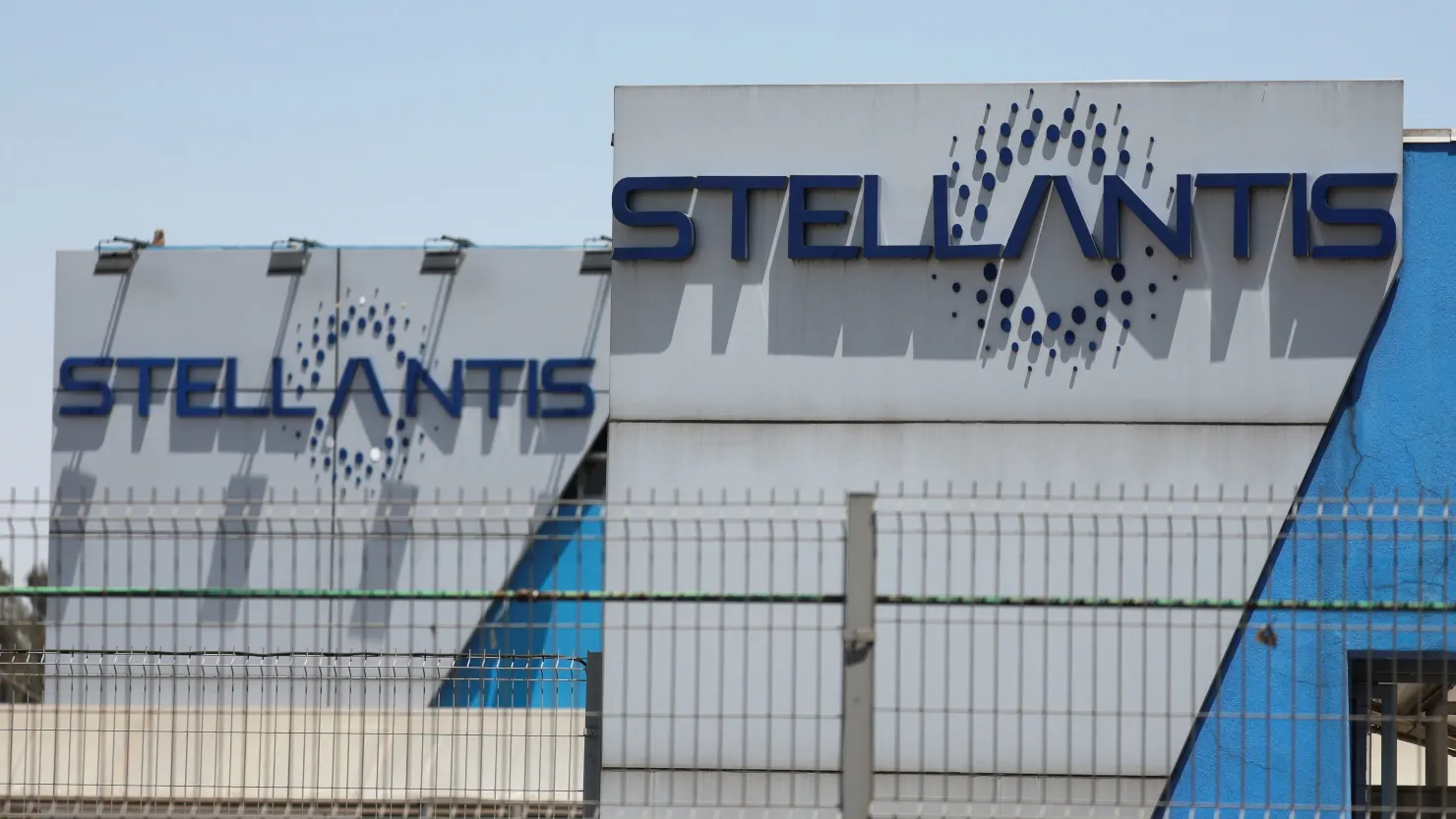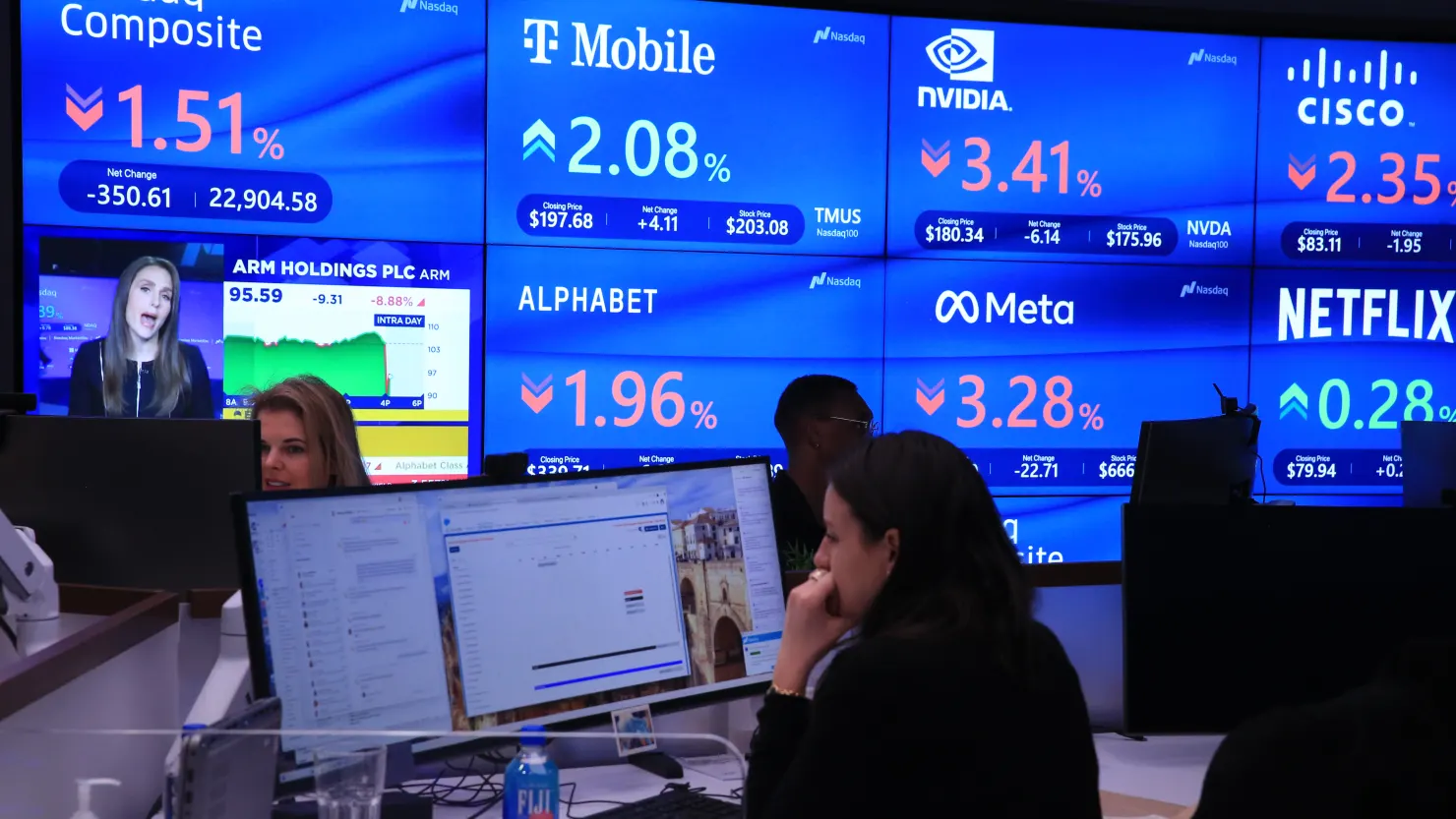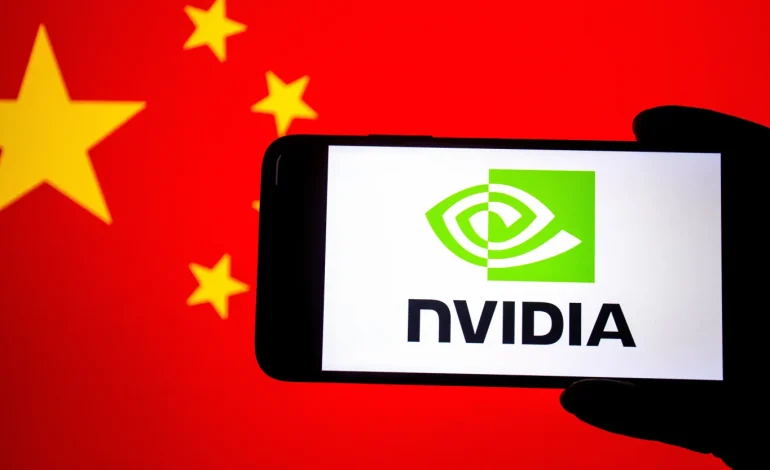Just weeks after Nvidia got the green light to start selling its H20 AI chips in China again, Beijing is already pushing back — hard.
On Thursday, China’s powerful internet watchdog, the Cyberspace Administration of China (CAC), summoned Nvidia to answer questions about possible security risks in its H20 chips. The concern? That these US-made chips might come with “backdoors” — features that could allow tracking, remote shutdowns, or even surveillance.
This comes after US lawmakers proposed a bill that would require AI chips being exported — especially to rivals like China — to include location tracking and other monitoring tools. China’s worried those features might be baked into Nvidia’s latest offering.
The H20 isn’t Nvidia’s most powerful processor, but it’s one of the few that American regulators currently allow to be sold in China. It was designed specifically for the Chinese market after a late-2023 US export crackdown.
And despite the tension, Chinese companies still want it badly — not just for commercial use, but for military, AI research, and state-run institutions. Demand is so strong that Nvidia recently placed an order for 300,000 H20 chips from its manufacturing partner TSMC.
The CAC didn’t say what actions it might take next, but this move fits a familiar pattern. Just last year, China banned Micron chips from key infrastructure projects, citing national security risks. Intel has also been under the microscope, though regulators haven’t taken public action.
Some analysts believe China’s questioning of Nvidia is more symbolic than punitive — a tit-for-tat move in response to Washington’s recent chip policy drama. But it still sends a clear signal: Nvidia’s access to the Chinese market is far from guaranteed.
Nvidia CEO Jensen Huang has been walking a tightrope between Washington and Beijing. Earlier this month, he visited China and praised the country’s AI advancements while also lobbying US officials to ease restrictions. And it worked — temporarily. The April ban on H20 chip sales was reversed in early July.
But now, Huang’s optimism faces fresh headwinds. China’s not thrilled with US legislation pushing for chip surveillance features — and Nvidia’s renewed access could become collateral damage in a broader tech showdown.
China made up about $17 billion of Nvidia’s revenue last year. So this isn’t just a policy hiccup — it’s a potential threat to the chipmaker’s bottom line.
Meanwhile, US lawmakers remain divided. Some say selling chips to China undermines national security. Others argue American tech companies need China’s market to stay globally competitive.
One thing’s clear: Nvidia’s H20 chip is no longer just a product — it’s a flashpoint in the US-China tech war, and both sides are watching closely.
With input from Reuters, the New York Times, and CNBC.










The latest news in your social feeds
Subscribe to our social media platforms to stay tuned